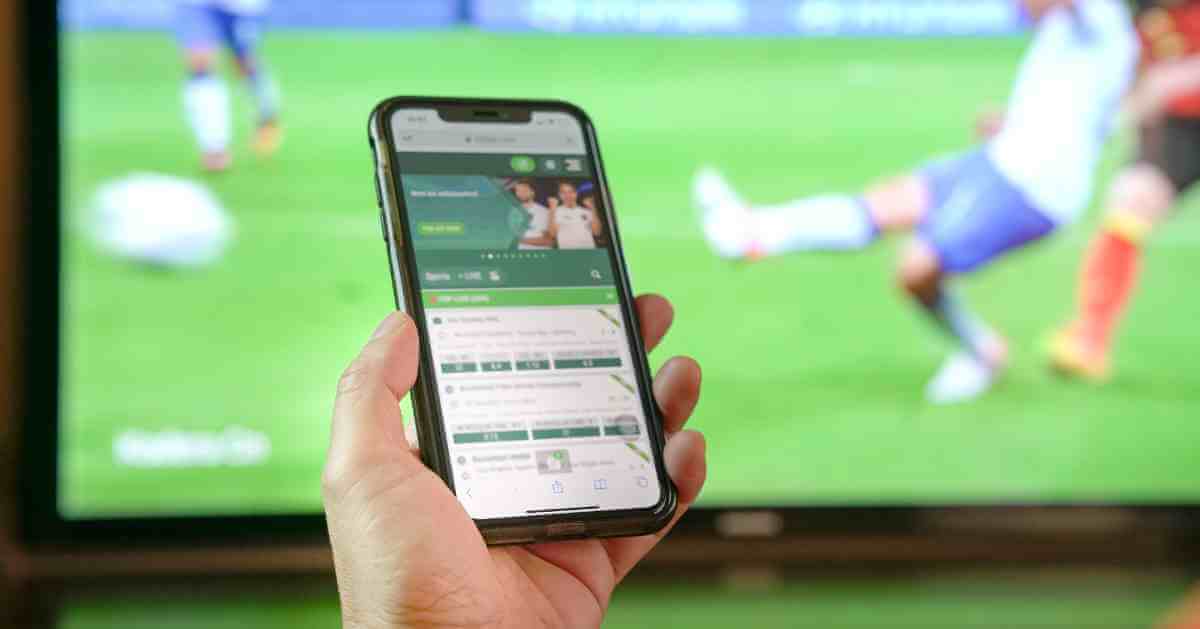Reshaping Mobile Sports Betting Apps: The Impact of New Technologies

The landscape of sports betting has undergone a remarkable transformation in the last decade. Long gone are the days when placing a bet meant visiting a brick-and-mortar establishment. Nowadays, mobile apps offer the convenience of betting from anywhere, at any time. Amidst this sea of change, it’s evident that the best sports betting apps are those that adapt to evolving technologies. It’s a crucial factor in remaining competitive in this saturated market. Let’s discuss the impact of new technologies on mobile sports betting apps and how they’ve changed the game for everyone involved.
User Experience: A Game-Changer
In an industry where user experience can make or break an app, advancements in technology have taken center stage. These improvements affect everything from loading times to interface designs. Even minor issues like app lag can drive users to a competitor. Therefore, leveraging the latest mobile development technologies has become non-negotiable. For example, cloud-based services provide speed and reliability by facilitating real-time updates of odds and enabling instant transactions.
Blockchain Technology: A Trust Factor
In addition to improved user experience, trust and transparency are other factors that can impact an app’s success. The incorporation of blockchain technology can address these issues effectively. By offering a transparent ledger of transactions, blockchain technology eradicates the chances of fraud or manipulation. This boosts user confidence, and as trust grows, so does the app’s user base. Moreover, the use of blockchain can speed up payment processing, a significant advantage for both users and operators.
Machine Learning for Predictive Analysis
Data-driven strategies are quickly becoming the backbone of successful sports betting apps. Advanced algorithms and machine learning models are capable of analyzing vast sets of data, from player performance to weather conditions. This allows for more accurate predictions and smarter bets. However, it’s essential to note that the effectiveness of these technologies depends on their implementation. Simply having a machine learning model is not enough; it needs to be fine-tuned to the specific needs and behaviors of the app’s user base.
Augmented Reality and Virtual Reality: Beyond the Screen
Augmented and virtual reality (AR and VR) are still in their infancy in the mobile betting sector, yet they hold immense potential. These technologies offer a more immersive experience by taking interaction beyond the traditional screen. Imagine donning a pair of VR goggles to walk through a virtual casino or using AR to project a live game on your coffee table. These features add an extra layer of excitement without making the process more complicated.
Regulatory Impacts: The Double-Edged Sword
Technology isn’t the only aspect affecting the world of sports betting apps; regulatory changes also play a significant role. While some regions are becoming more open to the industry, facilitating growth, others are tightening regulations, thereby adding more obstacles. In either case, staying ahead means adapting the app to comply with these regulations. Compliance should be considered as much a part of the app’s features as its betting options.
What Lies Ahead: Future Considerations
So, what can we anticipate moving forward? Technologies such as 5G and edge computing promise to make apps faster and more efficient than ever before. These advancements could eliminate latency issues, offering real-time betting options that were previously unthinkable. Additionally, as wearable technology continues to grow, we might soon see integration between these devices and sports betting apps.
However, with great technology comes great responsibility. Developers must consider the ethical implications of implementing new features, such as the potential for problem gambling. Striking the right balance between innovation and ethical considerations will be key in determining which apps thrive in the long run.
An Exciting Future for Sports Bettors
So there you have it, the technologies shaking up mobile sports betting apps aren’t just bells and whistles; they’re fundamental to staying competitive. Whether it’s enhancing user experience, instilling trust through blockchain, or offering predictive analysis via machine learning, these technological advancements are shifting the paradigms of what we consider a functional and reliable app. The future looks promising, yet challenging, and the apps that adapt will be the ones that stand the test of time.
